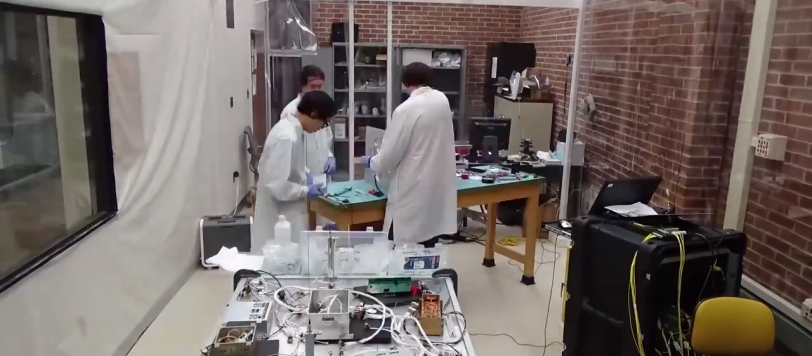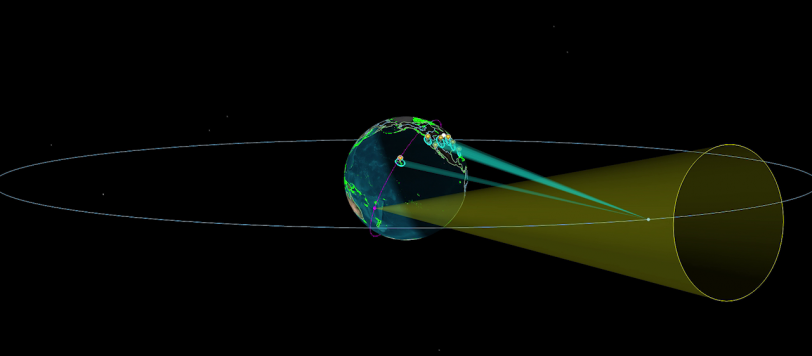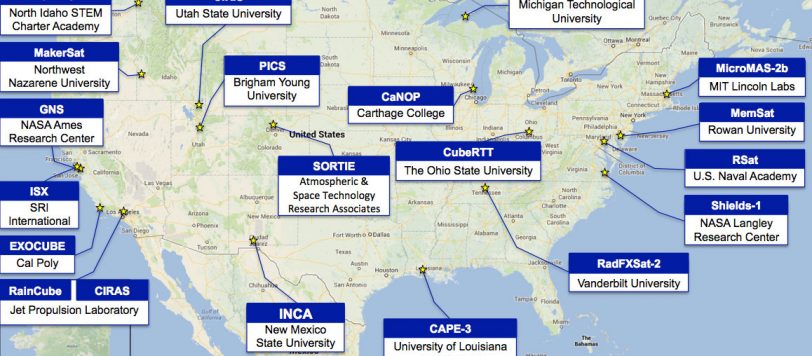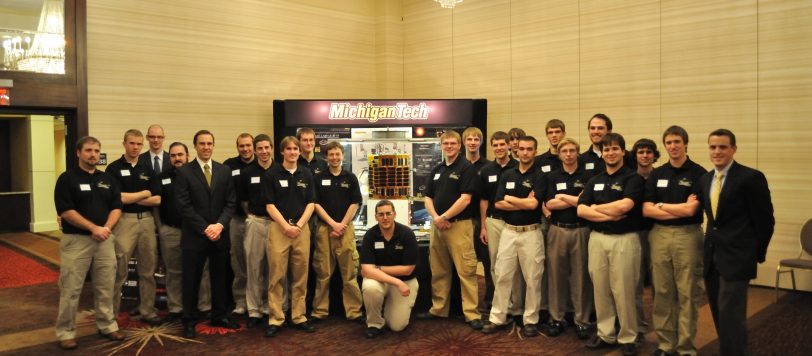OK, so maybe there is a little photographic trickery going on to make this look easy. The actual build took approximately 4 days, but still a group of undergraduate students assembling a satellite on campus shows us how fast space technology is changing. The cost to build and launch a satellite is now about the […]





